The world of animation and entertainment is constantly evolving with the advancements in digital effects and animation technology. Gone are the days where traditional methods ruled the industry, as today digital tools are readily available and accessible to animators and studio owners.
From web design to marketing, the use of this technology is not limited and offers limitless potential for growth and development in the animation space. Let's explore the exciting world of digital effects and animation technology and discover how it can elevate your work as an animator!
Virtual Reality Animation
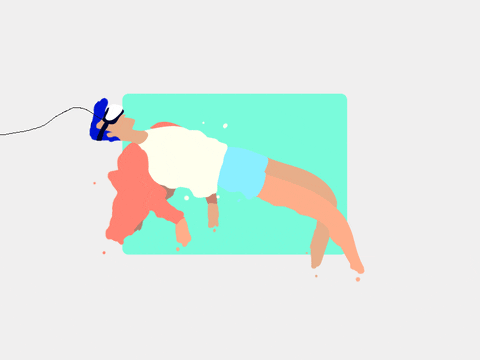
The integration of Virtual Reality (VR) technology has brought a new level of interactivity to the world of digital effects and animation technology. VR allows animators to create fully immersive 3D environments, inviting users to actively engage with the animation.
Motion capture technology plays a crucial role in the creation of VR environments. By recording the movements of actors during filming, this technology provides animators with reference points for creating realistic digital character movements in post-production.
The use of VR animation and motion capture technology has revolutionized the animation process, challenging animators to think beyond traditional 2D spaces and consider the possibilities of a 3D interactive environment. The future is bright for VR technology in the entertainment industry, and we eagerly anticipate the new advancements and innovations that will emerge in the coming years.
Augmented Reality Animation

Augmented reality (AR) animation is a combination of 3D animation and AR technology. It's used for marketing, entertainment and education. The technology can be used in both mobile and desktop applications to provide users with an immersive experience that makes them feel like they're interacting with real objects in the world around them.
AR animations are often used for product demonstrations where customers can see how products work without having to actually use them or buy them first! You may have seen some examples of this type of technology when ordering food at restaurants like McDonald's or Burger King--you can see exactly what you'll get before placing your order!
AR animation is also used in education to help students better understand concepts they’re learning. For example, teachers can use AR technology to show students what an atom looks like or how cells divide as part of a biology class!
The technology is also used in entertainment to create interactive games or movies that users can play or watch on their phones and computers.
Mixed Reality Animation
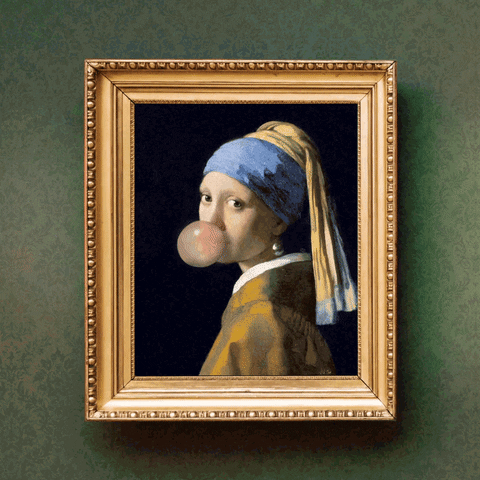
Mixed reality animation is a combination of real-world and virtual elements. It's a new form of storytelling that can be used for gaming, education and training. Mixed reality animation uses the same technology used for virtual reality (VR). You can also use it for training or even storytelling in an immersive experience!
You could also use mixed reality to create a more interactive experience. For example: Imagine you are at a museum and want to learn more about an exhibit. Instead of just reading information on the screen, you could actually walk up to the display and have it talk back to you! It's like being in a movie where characters interact with each other or move around on their own. You can even make them appear as holograms that come alive when someone walks by!
Motion Graphics

GIF by commotion.tv via GIPHY
Motion graphics are a combination of graphic design and animation, and they're used in many industries, including broadcast, film, web and print. Motion graphics can be used to convey information in advertising or to create logos, titles and lower thirds. They're also helpful for creating animations that will play out over time (like an opening title sequence).
Motion graphics can be used in a variety of spaces: websites; mobile apps; games--and even virtual reality!
Motion graphics are a combination of graphic design and animation, and they're used in many industries, including broadcast, film, web and print. Motion graphics can be used to convey information in advertising or to create logos, titles and lower thirds. They're also helpful for creating animations that will play out over time (like an opening title sequence).
AI Animation
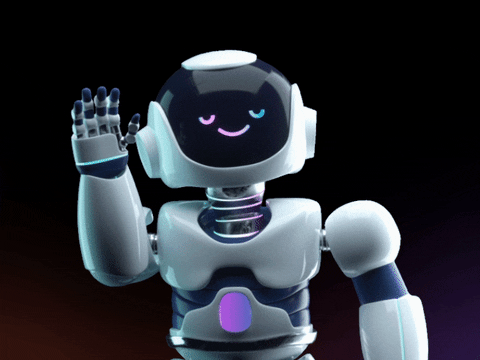
AI Animation is a computer-generated animation that is created by artificial intelligence. It can be used for both entertainment and business purposes, such as video games, movies and more.
AI Animation uses algorithms to learn from the examples of professional animators in order to create its own animations from scratch. This technology has been around since 2016 but it's only recently that we've seen its potential within the digital effects industry grow exponentially over time!
Animation Automation
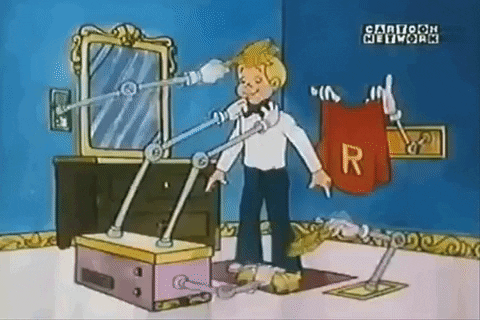
GIF by MANGOTEETH via GIPHY
Animation automation is a term used to describe the use of technology to cut down on time and cost in animation production. Animation is an industry that has always been very labor-intensive, so automation is used to make it more efficient, flexible, predictable and less risky.
Automation can be applied to any aspect of an animation production process: from storyboarding through modeling and rigging all the way up until final rendering and compositing.
Automation is used to speed up repetitive tasks that would otherwise be too time-intensive for human artists. In the past, animators had to draw thousands of frames by hand, which meant that it could take months or even years to complete a single project. Today, however, computers can do much of this work in a fraction of the time—and they don’t get bored while they’re working!
Digital Effects and Animation Technology are Only Evolving
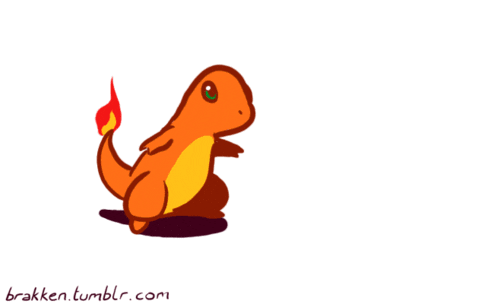
GIF via GIPHY
Digital effects and animation technology are only evolving, and new technologies are being developed every day. The possibilities for what can be done with these tools are endless, which is why you should keep an eye on the future of digital effects and animation.
We've Only Scratched the Surface of Digital Effects and Animation Technology
We've only just scratched the surface of what digital effects and animation technology can do. As more companies continue to innovate, we will see even more amazing new tools and platforms emerge in the coming years.
For more information about digital effects and animation technology, as well as answers to any other questions you might have, be sure to follow our blogs, check out our free masterclass, and our Animation Business Accelerator Program, download a copy of our free marketing handbook, and check out our blog on “How to Start an Animation Studio”!



